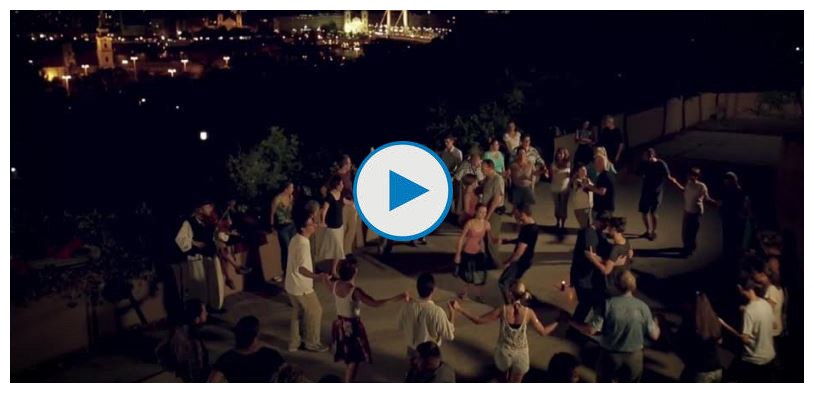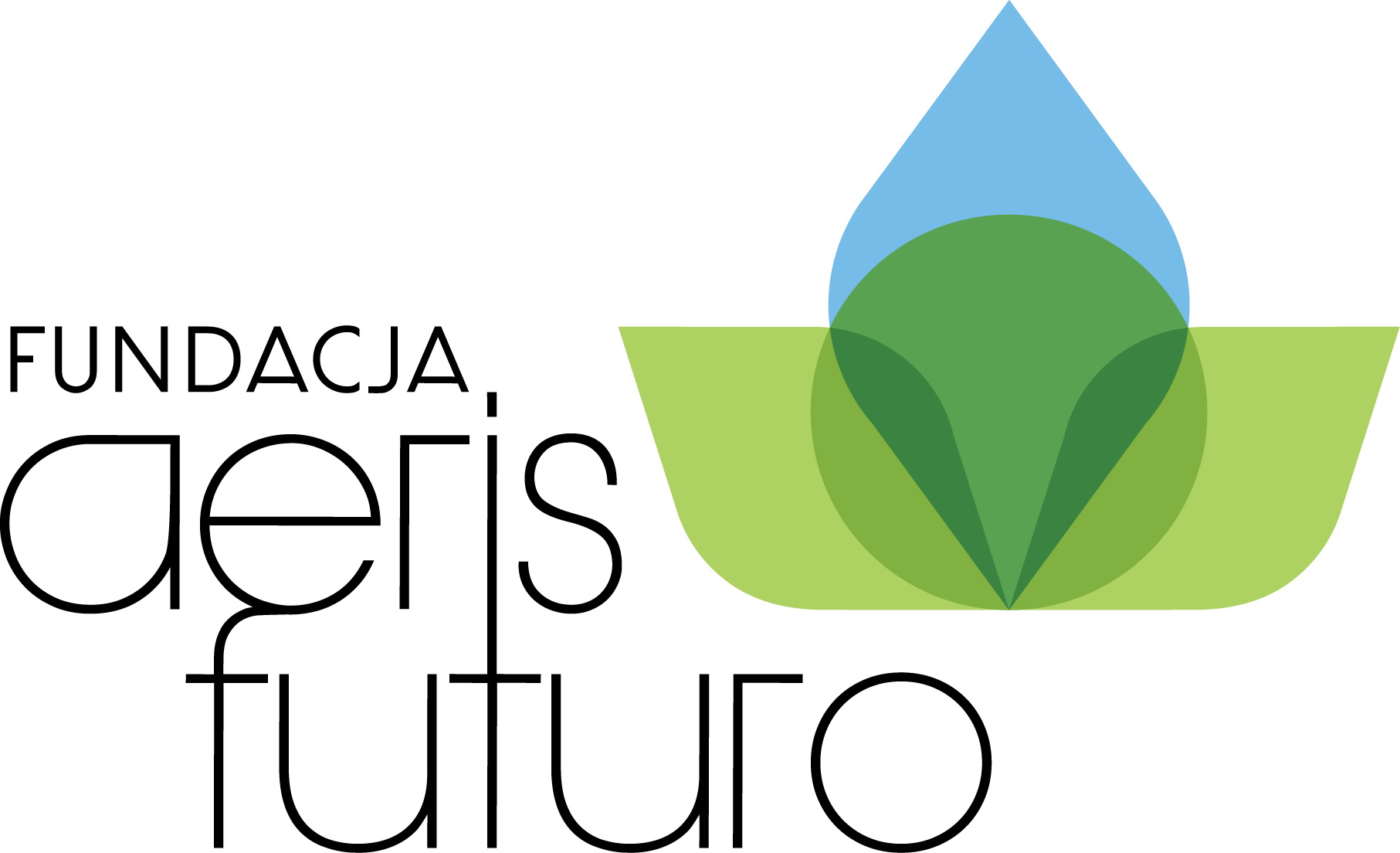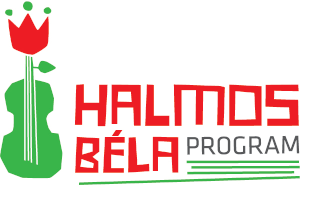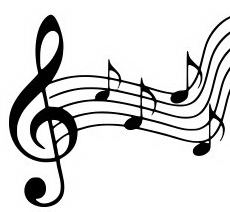About the group "Szépszerével"
We play "Csángó" Hungarian folk music from "Moldva" and "Gyimes", which lie on both sides of the East-Carpathian Mountains, at the border of the contemporary "Regnum Hungariae".
We live in Budapest (Hungary), but we learned the music and customs mainly from old village people in "Erdély" (Transylvania). Gyulai Farkas plays the violin, flutes and the "kaval", Sámsondi Gergely plays the "koboz" and the cymbal. We frequently operate together with our friends too.
We practice the oldest possible type of folk music. We propagate traditional tuning, melodies, music scale, length of dance songs, their common speed, also without sudden boosts and we prefer natural atmosphere with no fluorescent or LED lights, sound reinforcement systems and smoking, to ensure health and peace of heart.
We teach these dances which we play and also their songs with their lyrics so people can join the singing while they dance.
Name of homepage:
szépszerével.hu (write with accent, use for "é" pressed alt while type 130)
You can type xn--szpszervel-c7af.hu instead of http://szépszerével.hu too.
Press F11 for full screen view (on laptop).
Photo collection about musicans in Csango-land you can see in TÉKA/MESTEREINK menu.
More movies on "Szépszerével" youtube channel.
From the film "Válaszút vándora, Kallós Zoltán öröksége", which opening pictures was recorded in our dancehouse.
This band consists of two folk-musicians, playing “csángó” traditional Hungarian folk music from the east side of the Carphatians which lie in the middle of Europe. (Two instruments – it was the original way of playing music here.) The “csángó” people are an ethnic minority in recent Rumania, but their folklore is also a special cultural dialect of the Hungarians. (It's among the big five: Trans Danube, Highlands, Great Plains, Transylvania and Csángó Land.)
Our motto and goal is to use this grand heritage to form modern age parties in the cities and the country side, where people can connect with each other in a special way, feeling the clear freshness and energy of the once was village life.
Our connections with polish people: We have personal friends in Poland and visited the country for couple of times where we witnessed the sparkling nightlife of the gatherings of some revival folk-music groups. There we also played and everybody danced traditional dances with virtuosity and flaming life, both to every ensembles musical servings. It was refreshing. The contact is intensified by common historical memories, royalty, Zakon Świętego Pawła Pierwszego Pustelnika, minority in Bukovina (1910: 5% Polish, 1.5% Hungarian csángó), and similar thinking about way of living, relationship with nature, etc.
It is our wish to continue building relationships with/among traditional cultures sympathizers who know by experience its greatness, fun and relaxation, explosiveness. And also to show this atmosphere to newcomers, bystanders, -passers, visitors - so that they could have the same possibility that we had, when we got swept in by this cultural beautifulness.
The meaning of traditionality in everyday life has more importance.
Closeness: it is close to our heart, because of its origin, but also originality, as folk-music is peoples own heritage, their ancestors passed down living feelings, which we can reach any time when we play and dance; secondly dancers can look each other in the eyes and look at the musicians in action. Folk "dance-house" parties are like a shelter of warmness in winter or a campfire in the open starry sky.
Memory: old-times people had a way of living which was special in many ways. They were connected to nature, to each other, to themselves and God. Their life had a rhythm that was based on the agricultural work and also religious festivities and nature, sun, day running, seasons. Happiness and sadness carried their walks, birth and death, weddings and family, friends and hardships of daily life. Everything is conserved in their art: songs, music, dances, items. We can learn from these things, use them, because our own life has also it's wawes, hills and valleys.
And thirdly: connection between nationalities. Traditionally it could happen that more nationality, ethnicity lived alongside each other: but their culture also influenced each others. These places help us understand our human being and show us an example how to live in peace, perhaps in harmony too. It's all in folklore: especially in mixed areas like “Csángó-Land”. But every nation has its own history written down deep in their cultural heritage. Our wish is to mine these riches and use them to enrich our life, our health, our hearts.
We are just simple musicians, but we would like to open the gate of folk-music with our instruments to let the river of the past flood our life and fill us with soul-lifting experience.

 English (UK)
English (UK)  Polski (PL)
Polski (PL)  magyar (HUN)
magyar (HUN) 







